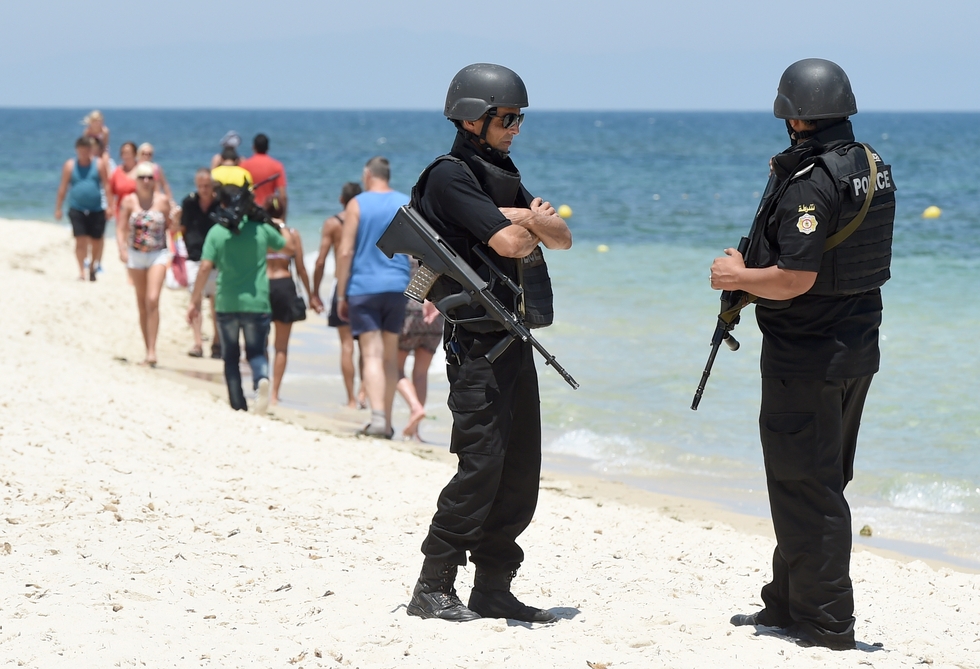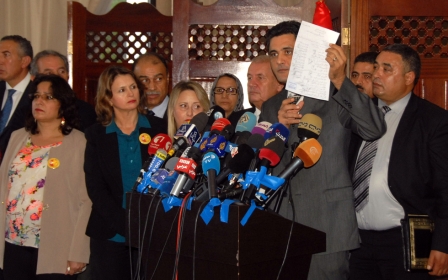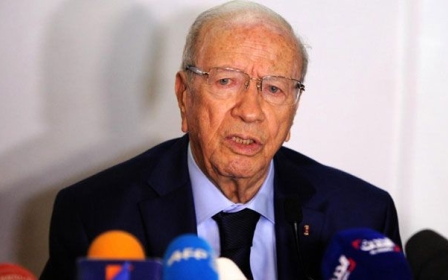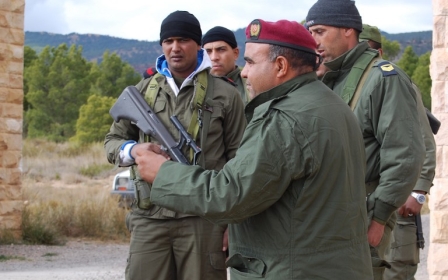Major terror attack thwarted in Sousse: Tunisia

Tunisia authorities said they have prevented a major assault planned later this month on the resort town of Sousse, the site of a previous attack by Islamic State (IS) in June.
"We have foiled a major attack this month that the terrorist cell was preparing against vital installations, hotels, security centres and against politicians to bring chaos to the country," Interior Ministry security chief Rafik Chelli said on Monday.
He said that a cell of 17 militants were arrested and that AK-47s, explosives and a bomb belt were seized during raids.
Some of them had been trained in Libya and Syria and were awaiting orders to carry out the attacks.
Thirty-eight foreign tourists were killed at Sousse in June when gunmen claiming to be from IS stormed a beach hotel and started firing.
It followed a previous attack in March where gunmen killed 21 tourists at the Bardo Museum in Tunis.
Tunisia's tourism industry was heavily damaged by the two attacks.
According to Radhouan Ben Salah, president of the Tunisian Hotel Federation, the employment rate in Tunisian tourist sites declined to less than 20 percent of previous levels following the closure of 70 hotels in the wake of the Sousse attacks.
Speaking at a conference on tourism and the media in Tunisia last week, he added that travel restrictions and warnings by a number of foreign countries were proving damaging to Tunisia's tourism industry.
Tunisia has been seen as a beacon of successful transition from dictatorship, following the descent of the 2011 Arab Spring into war and counter-revolution.
The "National dialogue quartet" of trade unionists, employers, lawyers and human rights activists was awarded the Nobel Peace Prize last month for their "decisive contribution to the building of a pluralistic democracy”.
However, 3000 Tunisians are also thought to be fighting with IS in Syria and Iraq, the largest single contribution from any country.
Tunisia's army is also reportedly fighting a low-instensity conflict against militants holed up in the Chaambi mountains on the border with Algeria.
Middle East Eye propose une couverture et une analyse indépendantes et incomparables du Moyen-Orient, de l’Afrique du Nord et d’autres régions du monde. Pour en savoir plus sur la reprise de ce contenu et les frais qui s’appliquent, veuillez remplir ce formulaire [en anglais]. Pour en savoir plus sur MEE, cliquez ici [en anglais].




